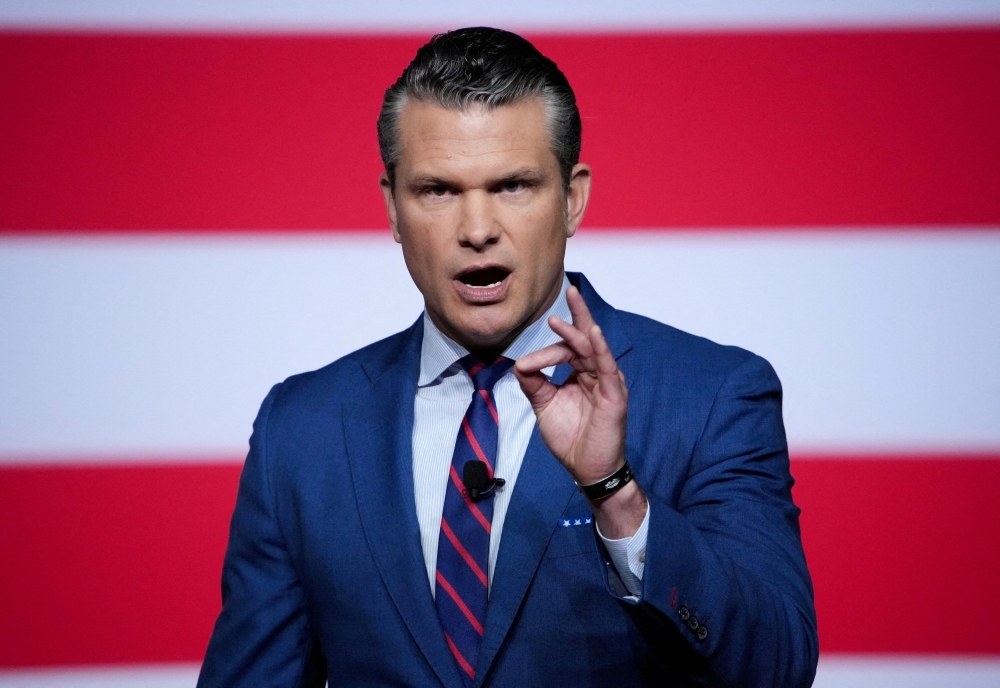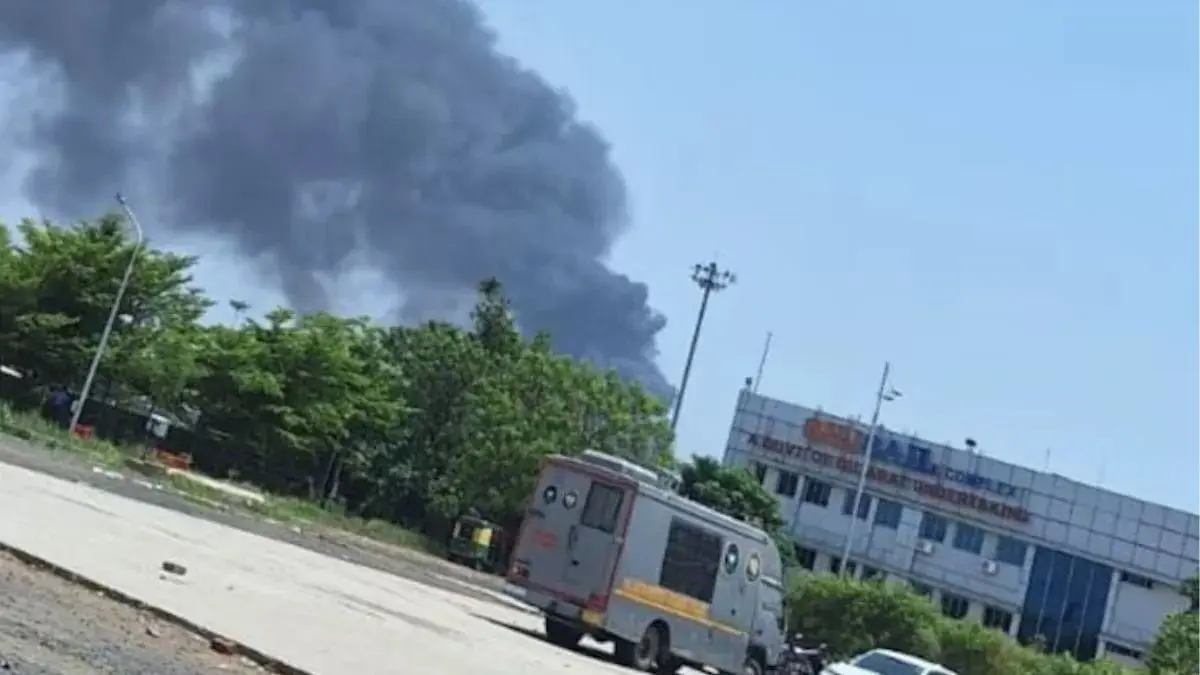The Pentagon announced Sunday that US Defence Secretary Pete Hegseth is set to visit four key Asian nations — Japan, Malaysia, Vietnam, and South Korea — as part of his third tour to the region widely regarded as Washington’s “priority theatre.” The visit underscores America’s growing focus on Indo-Pacific stability and its long-term strategy to counter the rise of China’s military and geopolitical influence.
According to the Pentagon’s statement, Hegseth’s multi-nation tour will include discussions on regional defence cooperation, military readiness, and joint security frameworks. His agenda aligns closely with the United States’ ongoing efforts to encourage Asian allies to increase their defence budgets and play a more active role in maintaining peace and deterrence in the region.
The visit coincides with President Donald Trump’s high-level engagements in Asia, including a highly anticipated meeting with Chinese President Xi Jinping in South Korea. This convergence of diplomatic and defence missions signals a coordinated push by Washington to reaffirm its commitment to the Indo-Pacific amid mounting global tensions.
Hegseth’s itinerary also includes a strategic stop in Hawaii, home to the US Indo-Pacific Command, for consultations with military leaders before continuing to Asia. In Malaysia, he is expected to participate in the ASEAN Defence Ministers’ Meeting, a critical platform for regional cooperation. His stops in Vietnam and South Korea will focus on deepening bilateral ties and strengthening collective defence mechanisms.
Earlier this year, during the Shangri-La Dialogue in Singapore, Hegseth cautioned that China is “credibly preparing to potentially use military force to alter the balance of power in the Indo-Pacific.” His remarks reflected a growing consensus in Washington that the region’s peace and security depend on a unified, proactive alliance.
This tour serves as a reminder that the future of global stability may well be shaped by how effectively Indo-Pacific nations work together. For Malaysia and other regional players, it’s not just about aligning with global powers — it’s about ensuring that peace, progress, and sovereignty remain at the heart of regional cooperation.
In the end, diplomacy isn’t about dominance — it’s about understanding, partnership, and shared responsibility. As the world watches Hegseth’s moves across Asia, one message rings clear: unity, transparency, and trust are the true instruments of power in shaping tomorrow’s security landscape.




